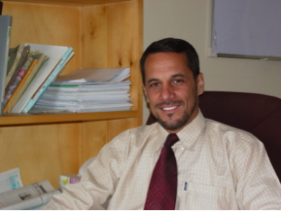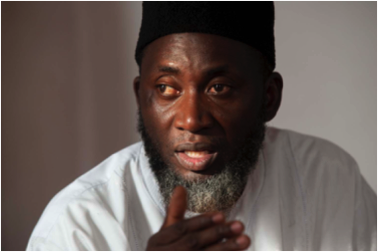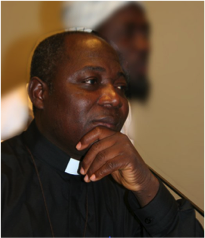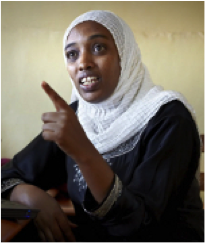Land/Region: United Arab Emirates, Syria
Organisation: Dubarah
Arbeitsfeld: Empowerment for refugees, social entrepreneurship
Ahmad Edilbi is introducing a new way to empower, integrate and build social capital in scattered, immigrant populations that have been affected by a political crisis or natural disaster. Using diaspora networks, he enables refugees to play an active and productive role, thus changing their status from helplessness to independence and promoting positive perceptions of refugees. By regaining their self-confidence and becoming financially independent, refugees are able to be active and contributing members of their communities, thus changing the negative perception and stereotype that refugees are a burden and only bring problems to a community. This transition opens the doors for unity, constructive exchange and channels of mutual support.
The prolonged Syrian political conflict and its resulting violence, destruction, devastation and armed assaults, have forced millions of Syrians to flee their homeland, most taking only their personal savings and leaving behind their professional careers, education, families and homes. When the Syrian conflict broke out, Ahmad was married, father of three children and had a good job. His life took a drastically different turn when he lost all his belongings, had to leave Syria and was separated from his family. Out of his own experience as a refugee he later developed the idea to help others who have been displaced.
In 2013 he launched Dubarah (“solution”), the first service network working on supporting Syrians wherever they are and providing them with suitable solutions for the obstacles they are facing. In just one year, Dubarah impacted 250,000 Syrian refugees around the world, with an average of 500 solutions and consultations provided per day with a total of 25,900 opportunities secured covering jobs, investments, start-up advice, housing, legal consultations and educational opportunities.
Ahmad is a Creative Director, Branding Specialist and Social Entrepreneur with skills in journalism, public relations and visual communication. He is an RSA Fellow and Ashoka Fellow and has plans to replicate his work, which already spans 36 countries that have large communities of Syrian refugees, to other geographical areas and communities beyond Syrians that have suffered from post-disaster displacement.
Links:
Ashoka:
https://www.ashoka.org/fellow/ahmad-edilbi
Dubarah:
http://dubarah.com/en/
on Facebook:
https://www.facebook.com/Abu.Jad.Creative





